The Sound Money Project was founded in January 2009 to conduct research and promote awareness about monetary stability and financial privacy. The project is comprised of leading academics and practitioners in money, banking, and macroeconomics. It offers regular commentary and in-depth analysis on monetary policy, alternative monetary systems, financial markets regulation, cryptocurrencies, and the history of monetary and macroeconomic thought. For the latest on sound money issues, subscribe to our working paper series and follow along on Twitter or Facebook.
Advisory Board: Steve H. Hanke, Jerry L. Jordan, Lawrence H. White
Director: William J. Luther
Senior Fellows: Nicolás Cachanosky, Gerald P. Dwyer, Joshua R. Hendrickson, Thomas L. Hogan, Gerald P. O’Driscoll, Jr., Alexander W. Salter
Fellows: J.P. Koning

“Interest rates on mortgages were 2.66 percent just two and a half years ago. Why the sudden increase in rates? The Federal Reserve increased the money supply and generated the worst inflation in many years.” ~ Gerald P. Dwyer
READ MORE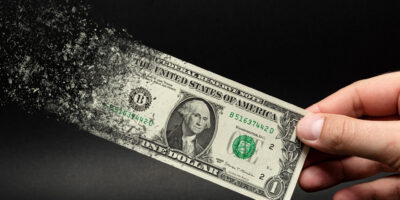
“If the Fed can really make such an elementary error and get away with it, a major prudential reason for keeping it around would no longer hold.” ~ Alexander W. Salter
READ MORE
“People have renegotiated their wages and purchase orders with those new expectations in mind. To course correct at this late stage would amount to a very painful contraction.” ~ William J. Luther
READ MORE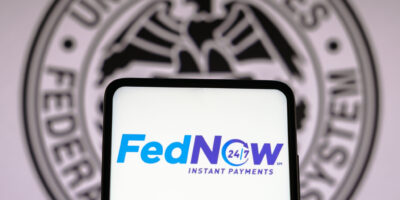
“Policy makers should ensure that the US payment landscape is efficient, accessible, and beneficial for all stakeholders involved with as little government involvement as possible.” ~ Nicolas Cachanosky
READ MORE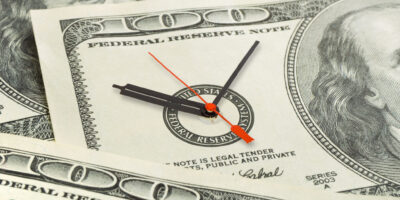
“The battle for 2 percent inflation has already been won. Fed officials should acknowledge and celebrate the victory.” ~ William J. Luther
READ MORE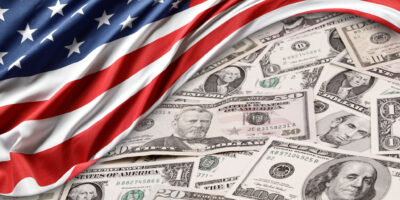
“It’s time to hit the brakes on modern monetary theory, functional finance, and anything else that justifies using the federal budget as an instrument of social control.” ~ Alexander W. Salter
READ MORE
“There’s nothing wrong with making incorrect predictions. It happens to all of us. There is something wrong with obstinacy in the face of overwhelming contradictory evidence..” ~ Alexander W. Salter
READ MORE
“His analysis implies the Fed could buy every financial asset in the world without causing inflation.” ~ Alexander W. Salter
READ MORE
“Although realizing losses—or, running quasi-fiscal deficits—is new to the Fed, it is more common in developing countries. The consequences of running quasi-fiscal deficits include inflation and lack of central bank credibility.” ~ Nicolas Cachanosky
READ MORE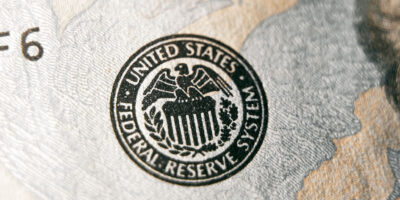
“While Waller sees the recent slowdown in inflation as positive, he is not ready to declare victory as it is only a single data point.” ~ Bryan P. Cutsinger
READ MORE
“US inflation was not always as persistently high as it has been under the Fed. Before the Fed, the purchasing power of the dollar was determined by supply of and demand for gold.” ~ Thomas L. Hogan
READ MORE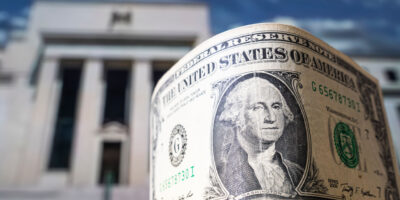
“There’s no way for non-market actors to direct credit more reliably than market actors. The discipline of profit and loss is essential.” ~ Alexander W. Salter
READ MORE250 Division Street | PO Box 1000
Great Barrington, MA 01230-1000
Press and other media outlets contact
888-528-1216
press@aier.org
This work is licensed under a
Creative Commons Attribution 4.0 International License,
except where copyright is otherwise reserved.
© 2021 American Institute for Economic Research
Privacy Policy
AIER is a 501(c)(3) Nonprofit
registered in the US under EIN: 04-2121305